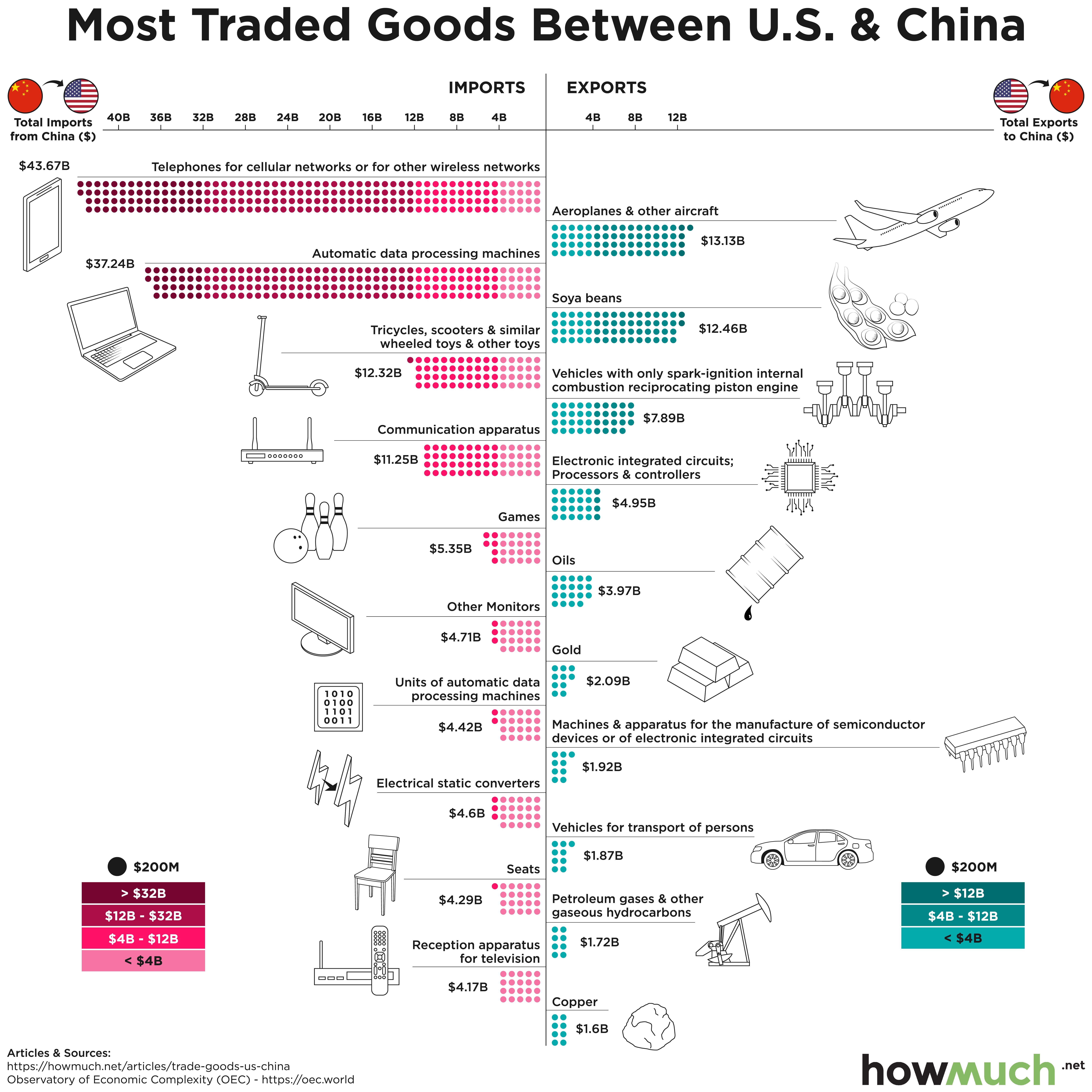Post-Export Ban: How Congo's Cobalt Quota Plan Will Reshape The Market

Table of Contents
The Rationale Behind Congo's Cobalt Quota Plan
Congo's decision to implement a cobalt quota plan is driven by a two-pronged strategy: maximizing the economic benefits from its vast cobalt reserves and promoting more sustainable mining practices.
Increased Value Addition
The DRC aims to move beyond simply exporting raw cobalt materials. The government seeks to significantly increase the value added within the country by processing cobalt domestically. This involves creating a robust domestic processing industry, attracting foreign investment, and capturing a larger share of the global value chain profits.
- Increased domestic processing: This will lead to the creation of more refined cobalt products, such as cobalt hydroxide and cobalt sulfate, crucial for battery manufacturing.
- Foreign investment attraction: The government is actively seeking foreign investment to build and operate cobalt processing facilities, creating jobs and transferring technology.
- Capturing value chain profits: Instead of exporting raw materials at low prices, the DRC aims to capture a greater share of the profits generated at each stage of the cobalt value chain.
Environmental Concerns and Sustainable Mining
The quota system is also designed to address serious environmental and social concerns associated with cobalt mining in the DRC. The government aims to improve environmental and social governance (ESG) performance and ensure responsible sourcing of cobalt.
- Curbing illegal mining: Stricter regulations and monitoring are intended to curb the significant problem of illegal cobalt mining, which often involves dangerous and environmentally damaging practices.
- Improved environmental monitoring: The plan includes provisions for enhanced environmental monitoring and pollution control measures to mitigate the impact of cobalt mining on local communities and ecosystems.
- Responsible sourcing: The government hopes to improve traceability and transparency in the cobalt supply chain, ensuring that cobalt is sourced responsibly and ethically.
Impact on the Global Cobalt Market
Congo's cobalt quota plan is likely to have a significant and multifaceted impact on the global cobalt market.
Price Volatility
The quota system is expected to cause short-term price volatility as the market adjusts to the new supply constraints.
- Quota uncertainty: Uncertainty surrounding the exact quota levels and their implementation will contribute to price fluctuations in the short-term.
- Potential cobalt shortages: Depending on the stringency of the quotas, potential shortages could drive up cobalt prices, impacting the cost of manufacturing electric vehicle batteries and other cobalt-dependent products.
- Supply chain disruptions: Market participants need to be prepared for potential supply chain disruptions and build resilience into their sourcing strategies.
Supply Chain Diversification
The plan could accelerate the diversification of cobalt sourcing and encourage exploration for alternative cobalt deposits globally.
- Exploration in other countries: Companies will be incentivized to explore and develop cobalt deposits in other countries to reduce their reliance on the DRC.
- Cobalt recycling: Recycling and reuse of cobalt from end-of-life batteries will become increasingly crucial to meet demand and reduce reliance on primary mining.
- Alternative battery technologies: Investment in alternative battery technologies, such as those using less or no cobalt, is likely to increase as companies seek to reduce their exposure to cobalt price volatility and supply chain risks.
Geopolitical Implications
The quota system introduces a significant geopolitical dimension to the cobalt market.
- Strengthened DRC negotiating position: The DRC's increased control over cobalt exports strengthens its negotiating position with international buyers.
- Increased supply chain risk: Political instability in the DRC could exacerbate supply chain risks, making it harder for companies to secure consistent cobalt supplies.
- Intensified international pressure: International pressure on the DRC to ensure responsible sourcing, environmental protection, and respect for human rights within its mining sector will likely intensify.
Opportunities and Challenges for Investors
Congo's cobalt quota plan presents both opportunities and challenges for investors in the cobalt sector.
Investment Opportunities in DRC's Processing Sector
The quota system opens up significant investment opportunities in cobalt processing facilities and related infrastructure within the DRC.
- Foreign direct investment (FDI): Foreign direct investment will be crucial for developing the DRC's cobalt processing capacity and creating a more sophisticated downstream industry.
- Downstream processing opportunities: Opportunities exist in cobalt refining, smelting, and other downstream activities related to cobalt processing.
- Risk assessment crucial: Investors must carefully assess political, regulatory, and operational risks before committing to investments in the DRC.
Navigating Supply Chain Risks
Companies reliant on cobalt will need to adapt their sourcing strategies to mitigate the increased supply chain risks associated with Congo's cobalt quota plan.
- Cobalt sourcing diversification: Diversifying cobalt sources to reduce dependence on the DRC is paramount.
- Supplier relationship management: Strengthening relationships with suppliers and improving forecasting capabilities will be essential for maintaining consistent cobalt supply.
- Supply chain transparency: Transparency and traceability in the cobalt supply chain will become increasingly important for managing environmental, social, and governance (ESG) risks.
Conclusion
Congo's cobalt quota plan represents a significant turning point for the global cobalt market. While aimed at creating a more sustainable and profitable cobalt industry within the DRC, the plan will inevitably lead to price volatility, accelerate the search for alternative sources, and increase the geopolitical importance of cobalt. Companies across the cobalt supply chain need to proactively adapt to these changes. Understanding the implications of Congo's cobalt quota plan is critical for navigating the evolving dynamics of this vital mineral in the global economy. Stay informed about developments surrounding Congo's cobalt quota plan and its variations to ensure your business is well-positioned for the future.

Featured Posts
-
 Analysis Dodgers Offensive Shortcomings In Cubs Game
May 15, 2025
Analysis Dodgers Offensive Shortcomings In Cubs Game
May 15, 2025 -
 Ver Roma Monza En Directo Minuto A Minuto
May 15, 2025
Ver Roma Monza En Directo Minuto A Minuto
May 15, 2025 -
 Andor Finale Cast Provides Bts Look At The Rogue One Prequel Series
May 15, 2025
Andor Finale Cast Provides Bts Look At The Rogue One Prequel Series
May 15, 2025 -
 Breaking The Trade Standoff Examining The Us And Chinas Concessions
May 15, 2025
Breaking The Trade Standoff Examining The Us And Chinas Concessions
May 15, 2025 -
 Watch Senators Vs Maple Leafs Online Free Live Stream For Game 2 April 22nd 2025
May 15, 2025
Watch Senators Vs Maple Leafs Online Free Live Stream For Game 2 April 22nd 2025
May 15, 2025
